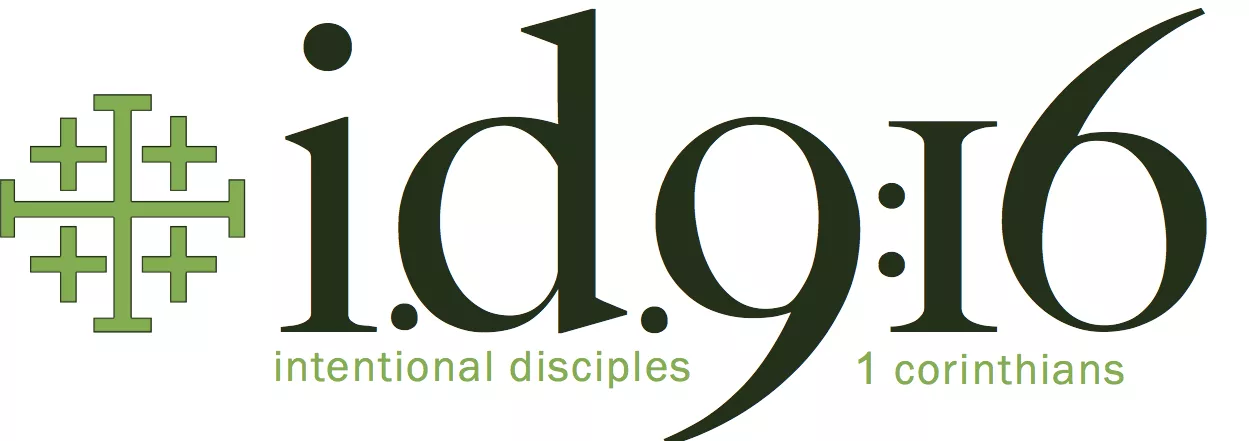The Christian story (Creation à Fall à Israel à Jesus à Kingdom/Church/Restoration) is the story of God’s initiative, action and accomplishments. The narrative is “God saves us” – in every thing, in every way. We are not spectators, but we are certainly not the main characters.
However, the basic condition of the human heart is self-salvation. We know there is a problem (a “not yet”) about us. Deep within us there is a longing for some final approval, affirmation, recognition, meaning and name. Just like in Genesis 3, we feel uncovered (naked). So we thrust out into the world looking for fig leaves to cover ourselves with, doing things that we hope will earn us this final approval. The things we use for this are what the Bible calls idols. Idols are the good things we turn into ultimate things for the (usually unconscious) project of self-salvation.
[Those] who are not secure in Christ cast about for spiritual life preservers with which to support their confidence, and in their frantic search they not only cling to the shreds of ability and righteousness they find in themselves, but they fix upon their race, their membership in a party, their familiar social and ecclesiastical patterns, and their culture as means of self-recommendation. The culture is put on as though it were armor against self doubt, but it becomes a mental straightjacket which cleaves to the flesh and can never be removed except through comprehensive faith in the saving work of Christ. (Richard Lovelace)
And it doesn’t matter if we are good Catholics or not. People who have given their life to God still slip into this all the time. As good, faithful Catholics we can even slip into “using God” for our project of self-salvation. We marry God for His money! We view holiness as our own projects that we semi-anxiously pursue as if our “being okay before God” is essentially about what we do. To use theological language:
While Christians know intellectually that their justification (acceptance by God) is the basis for their sanctification, in their actual “day-to-day existence… they rely on their sanctification for their justification… drawing their assurance of acceptance with God from their sincerity, their past experience of conversion, their recent religious performance or the relative infrequency of their conscious, willful disobedience.” In other words… the default mode of the human heart is works-righteousness. (Richard Lovelace)
There may be nothing more susceptible to this in the Catholic life than the word virtue. We think of virtue and we can immediately think of “the things I have to try hard at, or else…” as if perfection is simply about isolated exterior actions and not about the transformation of the human heart (which, of course, involves action).
No, virtue is a word that describes the reality of our need for the influx and redemption of the Holy Spirit. Virtue is a word about the inner constituency of a person. Virtuous is a word describing the soul of a human person who, yes, has persisted and endured in surrendering to the will of God, who actively places themselves in situations that challenge their weaknesses, who “fakes it ‘til he makes it”, but who is a diamond cut only by the grace of God, a heart baked by the heat of the Holy Spirit in the furnace of a life with God. C.S. Lewis gets at this in talking about how the point of the Christian life is that we need a new kind of life (Zoë, God’s life) within us:
A man who changed from having Bios [natural life] to having Zoe would have gone through as big a change as a statue which changed from being a carved stone to being a real man. And that is precisely what Christianity is about. This world is a great sculptor’s shop. We are the statues and there is a rumour going round the shop that some of us are some day going to come to life.
To be more truly (excellently) a human person is always a work of God, it is a gift. But, on the other hand, it’s not without work and grit.
In other words, to grow in virtue is a really tough, paradoxical “both/and”: we actively work, sweat and persist in living a certain way, but in complete knowledge that we never will until the Father changes us and gives us His life, in Jesus, through the presence of the Holy Spirit within us. It’s all up to God, but our participation is absolutely essential. Surrender + Sweat.
But the part that most religious people can forget is the main point of this article – a life of virtue is not separate from the truth of the gospel. What does that mean? Stay tuned.
Joey McCoy
Latest posts by Joey McCoy (see all)
- Being A Catholic, Being Like Mary - September 21, 2017
- The Gospel and Growth in Virtue - July 20, 2017
- Progress in Virtue - July 18, 2017

